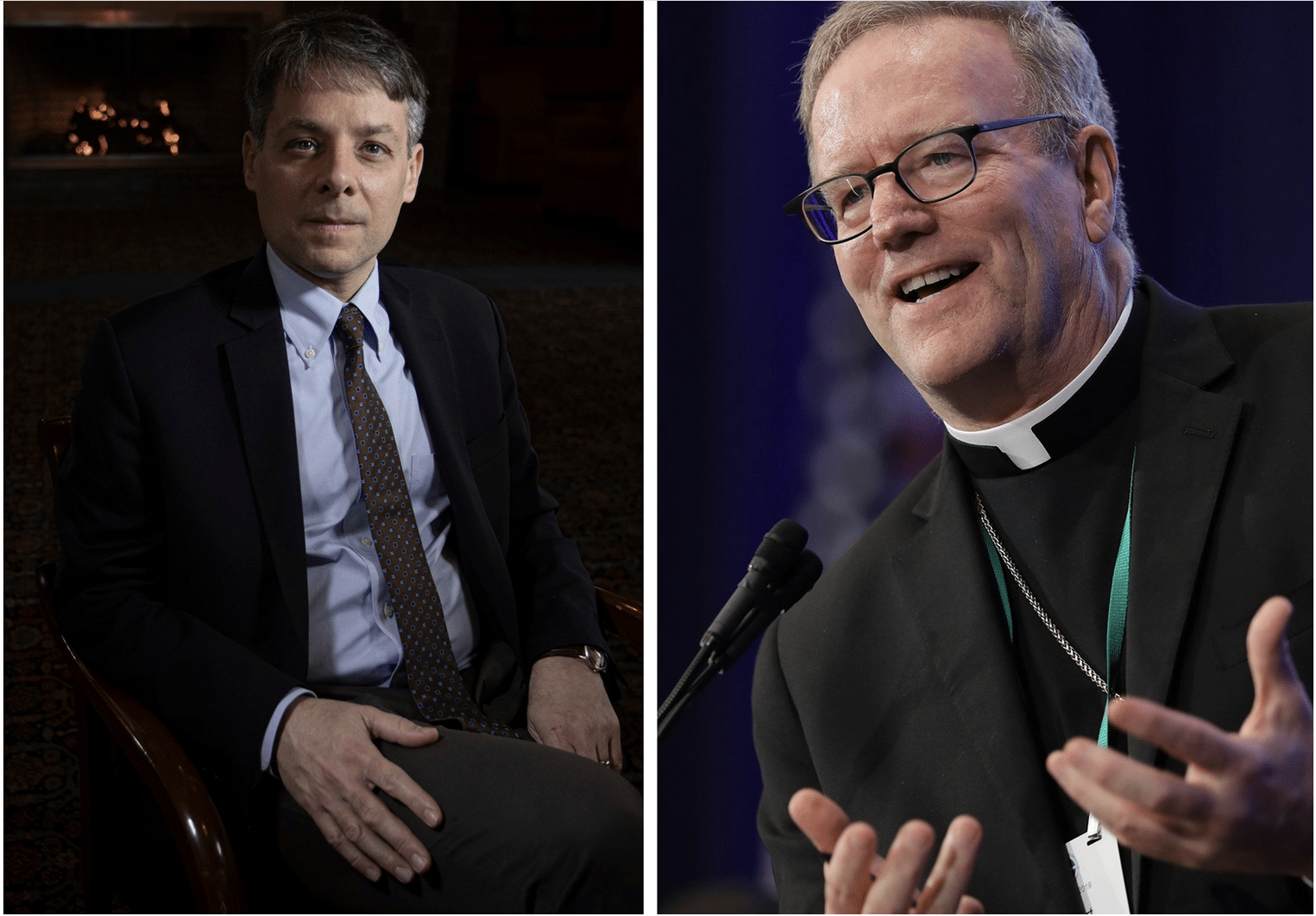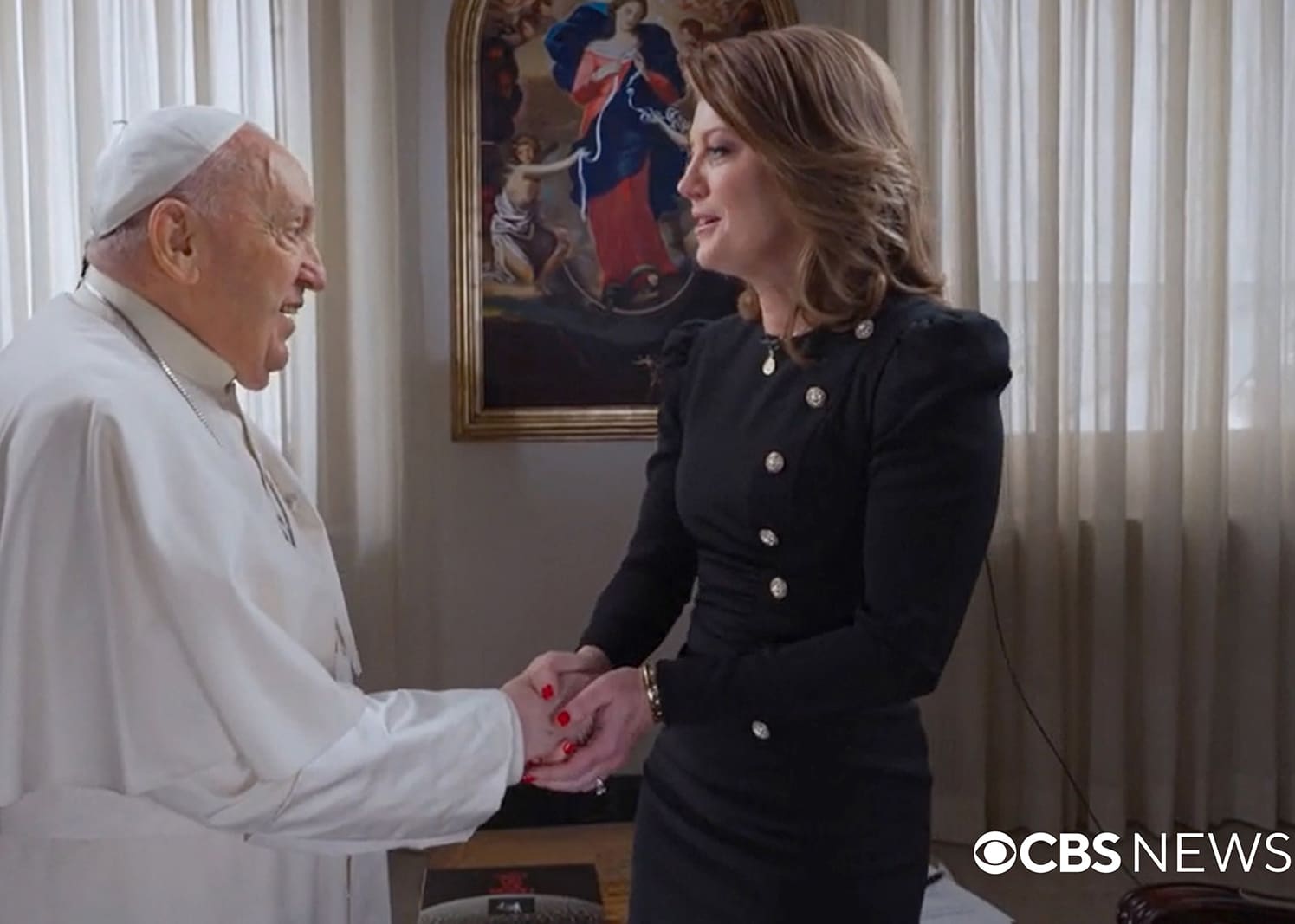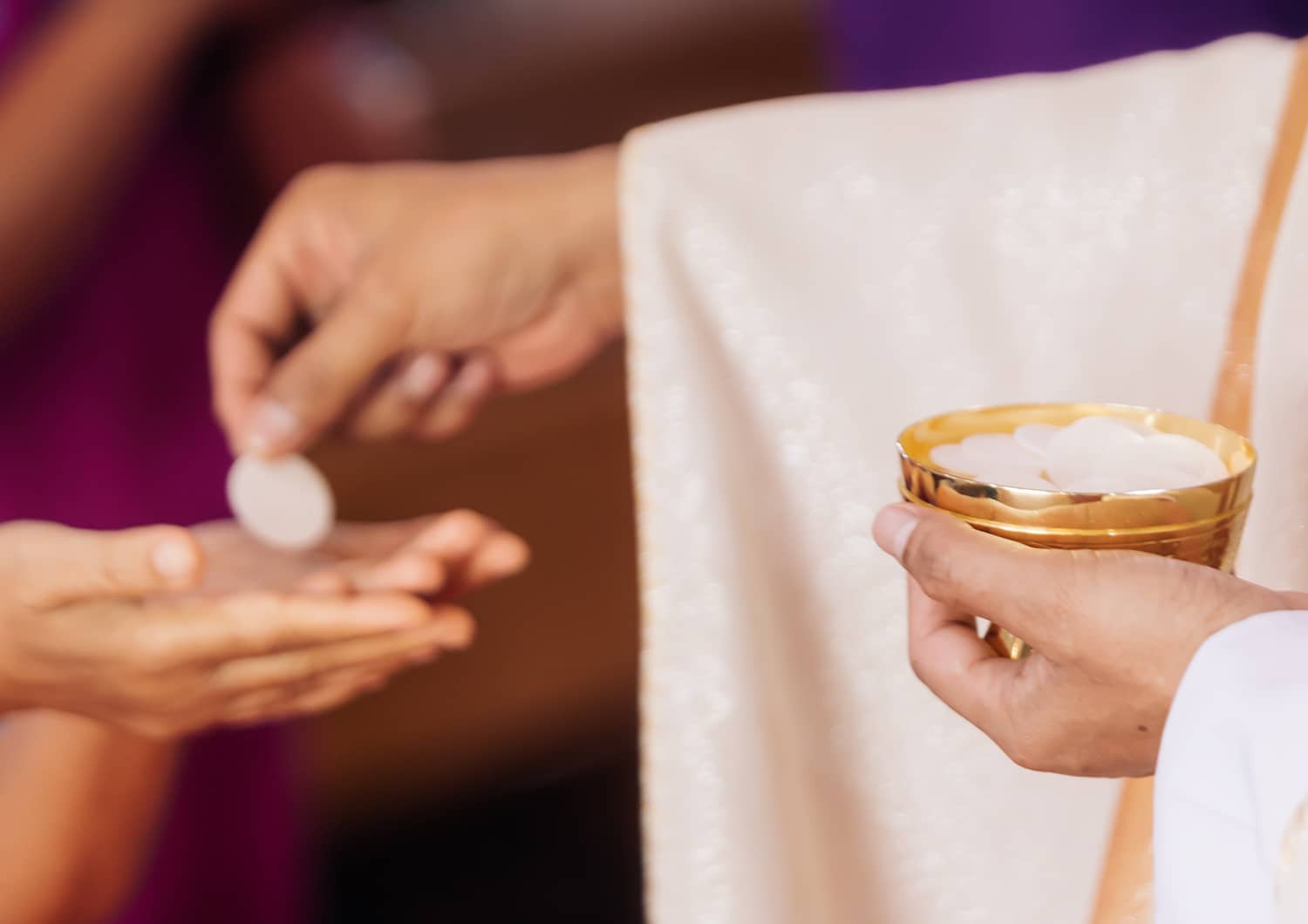Two American Catholic publishers are embroiled in an escalating controversy: Commonweal magazine and Bishop Robert Barron’s Word on Fire ministry. The dispute began when Commonweal published an article by Massimo Faggioli that linked certain segments of U.S. Catholicism to former President (and current Republican presidential candidate) Donald Trump, naming Bishop Barron and his ministry among them. In response, Word on Fire threatened legal action, and Commonweal, with the consent of Faggioli, removed the contentious paragraph. While Faggioli’s comments may have been provocative, Word on Fire’s reaction, especially continuing the threat of litigation, raises significant concerns.
Faggioli’s article, titled “Will Trumpism Spare Catholicism?” drew a connection between Trump and various Catholic figures, suggesting a potential “Trump-Strickland axis.” This assertion was based on events such as the “Catholic Prayer for Trump” event organized by Catholics for Catholics at Mar-a-Lago on Mar. 19, where Trump was presented as “the only Catholic option” for voters. Faggioli went further to imply that Bishop Barron and his Word on Fire ministry were similarly aligned with Trumpism. This bold and inflammatory assertion was not backed up with any substantial evidence.
We disagree with Faggioli’s characterization of Word on Fire. The ministry’s commitment to spreading the Gospel and engaging with contemporary culture does not equate in any way with an endorsement of Donald Trump or his political views and positions. The claim that Word on Fire is part of a “Trump-Catholic axis” was a serious allegation that demanded rigorous substantiation, of which none was provided.
A flawed response
That said, opinion journalism, such as Faggioli’s piece in Commonweal, often toes the line between critical commentary and inflammatory rhetoric. Faggioli’s insinuation about Bishop Barron and Word on Fire was an overreach, made worse by the fact that Faggioli substituted the binary of partisan politics in the United States as shorthand for ecclesiological differences in the Catholic Church. An American political schema was cavalierly applied to an important ongoing theological discussion about the nature of Vatican II. Responsible journalists — even of the opinion variety — must ensure that their critiques are well-founded and not merely speculative or sensationalist.
It is crucial for the Church to transcend partisan divides, focusing instead on its mission to preach the Gospel in service to every ailing heart.
However, Word on Fire’s response to this situation is equally concerning. The threat of litigation against Commonweal over Faggioli’s comments is a heavy-handed approach that stifles the open exchange of ideas. As a 501(c)(3) organization, Word on Fire cannot endorse federal candidates or legislation, and so it was appropriate that Word on Fire asked Commonweal to note that “Word on Fire is a non-partisan, non-profit, Catholic apostolate dedicated to presenting and promoting the Gospel of Jesus Christ and the Catholic Faith.” Word on Fire’s insistence on this point is critical, yet its method of addressing the issue — threatening to sue — ultimately produces a chilling effect on journalistic freedom (and not just on opinion journalism) and dialogue in the Church.
The Catholic Church, with its rich intellectual tradition, has always valued the exchange of ideas and dialogue carried on in good faith with the salvation of souls as its ultimate end. An insistence on upholding this tradition is part of the genius of Bishop Barron, his ministry and his varied partners in dialogue. Threatening legal action against a Catholic publication runs counter to this tradition and undermines the Church’s commitment to resolving conflicts through reasoned discussion and mutual respect rather than secular courts (which goes all the way back to 1 Corinthians 6). The threat of legal action suggests an intolerance for critique and an unwillingness to engage in the messy, yet necessary, process of communal discernment and, if necessary, fraternal correction.
Guided by lawyers
This particular controversy reflects a broader issue in American Catholicism — a polarization that mirrors the political divisions in society as a whole. The portrayal of certain Church leaders — whether by themselves or by others — as aligned with specific political figures exacerbates these divisions. It is crucial for the Church to transcend partisan divides, focusing instead on its mission to preach the Gospel in service to every ailing heart. Bishop Barron’s Word on Fire ministry has made significant contributions to evangelization and catechesis, and it is heartbreaking to see those efforts overshadowed by political controversies.
In navigating these turbulent times, both journalists and Church leaders must exercise prudence and charity. For journalists, this means ensuring that critiques are not only sharp but also fair and substantiated. For Church leaders, it means responding to criticism with openness and a willingness to engage rather than resorting to threats of litigation.
This incident also reflects a concerning trend among U.S. bishops: an increasing litigiousness that stifles open discussion. More and more, episcopal decision-making seems guided by lawyers, which has impacted the relationship of bishops and their priests, as the Catholic Project demonstrated in its National Study of Catholic Priests.
The dispute between Commonweal and Word on Fire should serve as a wake-up call to all Catholics involved in public discussions and debate. It highlights the need for a more thoughtful and respectful discourse, especially when it comes to cultural and political issues, one that upholds the dignity of all involved and seeks the truth in charity. We must remember that our ultimate goal is not to win arguments but to win souls by witnessing the love of Christ in how we engage with one another.







